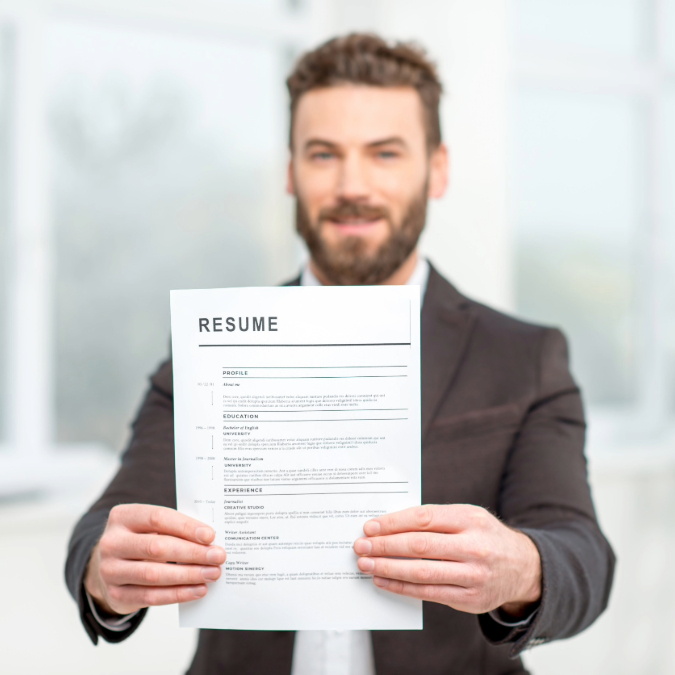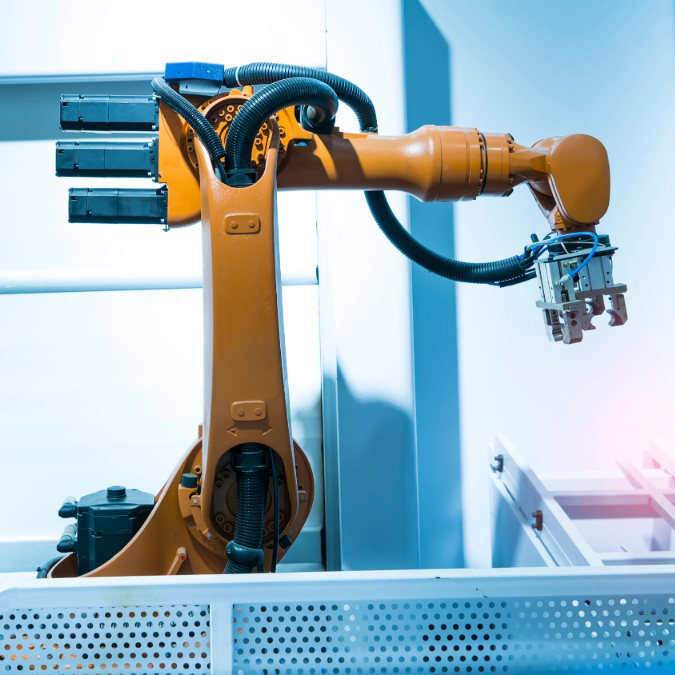Headlines everywhere are saying the economy is strong and unemployment is low. So why are job seekers having such a tough time finding employment? According to CNBC, roughly 70% of job hunters say that their current search is proving more difficult than their last. So if you’re feeling frustrated by the state of the labor market, you’re not alone. Here are 13 reasons why it’s so hard to find a job right now.
1. Economic Uncertainty
CNBC provides one possible reason for this tough labor market: economic uncertainty. Interest rates remain high and recession fears haven’t totally abated. Since many employers feel nervous about the economy, they may be more restrained with their hiring decisions in the near-term, posting fewer job openings and offering lower salaries.
2. Job Cuts in Certain Industries
Many companies in certain industries like tech and media have been halting hiring and cutting staff. These layoffs were likely caused by overhiring during the pandemic. Unfortunately, workers in these sectors may have extra trouble finding a job due to increased competition for a limited number of roles.
3. Uneven Job Growth
If major industries like tech and media aren’t hiring, why are experts saying that the job market and economy are strong? A few segments of the labor market are growing, such as healthcare and government. However, if you aren’t qualified to work in these booming industries, your job search might still feel difficult.
4. Lack of HR Staff
Many job seekers feel like they’re sending applications into the void because they aren’t receiving callbacks or rejection letters. Some candidates are even getting ghosted after interviews. This may be happening because companies have been conservative about hiring, leading to lower headcount in major departments like Human Resources.
As a result, HR may not have enough staff to respond to unsuccessful candidates, leading to ghosting. According to Time, understaffing may also cause the hiring process to take longer, which can be frustrating for candidates and make their job search harder.
5. Automated Recruitment Systems
Another reason why finding a job is so hard right now is automated recruitment systems. Companies are using AI to review resumes and identify qualified candidates. These systems may be too rigid in the way they weed out resumes.
They might eliminate candidates who have an employment gap longer than six months or are missing one or two required skills. This can make it more difficult for qualified job seekers to secure a position.
6. Companies Are Getting Pickier
According to USA Today, economic fears may be making companies extra picky about which candidates they select. One job seeker said it felt like employers were looking for a “purple-striped unicorn” with the perfect match of skills and experience. Many employers don’t want to shell out a competitive salary in this uncertain economy unless they’re gaining a standout hire who brings everything they need to the table.
7. Skill Mismatch
Rapid technological advancements have made it tough for employees to keep up and develop the skills employers are looking for. Job seekers who haven’t been able to devote much time to continuing education may find that there’s a mismatch between their skills and the ones sought after by employers. This skill gap can make it more challenging to secure employment.
8. Automation and AI
In a similar vein, the increasing integration of automation and artificial intelligence in various industries has led to a shift in the types of roles available. Job seekers may find themselves competing with AI for certain positions such as content writing or customer service. They might also be forced to upskill as certain roles become increasingly automated.
9. Geographical Constraints
Certain regions may experience greater job market saturation or limited industry diversity. These location-related issues make it harder for job seekers in certain areas to find suitable employment without moving.
10. Resume Flooding
Online job postings often get flooded with hundreds or even thousands of resumes. The rise of one-click applications makes it easy for candidates to send out their resumes en masse. This causes companies to get buried in applications. Employers may not even get a chance to look at your resume due to the high volume they receive.
11. College Degree Creep
Following the Great Recession, many jobs that previously didn’t require a college degree began to request a bachelor’s. During the Great Resignation when workers were scarce, many employers lowered their degree requirements. Now that the job market seems to be favoring employers again, they might be reintroducing college degrees into their job criteria, making it harder for less educated employees to find work.
12. Intensive Interviews
Job seekers are also reporting that employers are requiring more interviews and assessments as part of the hiring process. Completing multiple rounds of unpaid tests and interviews is time-consuming, especially because it doesn’t always lead to a job offer at the end. Being forced to go through intensive hiring processes again and again, only to be rejected at the final stages, is demoralizing for job seekers.
13. High Expectations Among Job Seekers
Understandably, job seekers want to find roles that will provide sufficient income, benefits, and opportunities for career advancement. However, because certain sectors of the labor market are slow, job seekers in affected industries may need to temper their expectations. They may have to take a less-than-ideal role to get a foot back on the career ladder. It’s never fun to take a pay cut or role you’re overqualified for, but it may be wise to temporarily lower your standards until the job market improves.
14. Some Workers Can Only Find Part-Time Jobs
About 4.2 million people are working part-time because that’s the only work they could find or their employer cut their hours. Although this figure has been higher in the past, it’s still concerning that not everyone who wants full-time employment can secure it, and may help explain why it’s so hard to find a job right now.
15. Age Discrimination
Older workers may encounter age discrimination during the job search process, facing stereotypes or biases related to their age that can impact their ability to secure employment.
16. Shrinking Networks
According to Forbes, many people’s personal and professional networks shrunk during COVID-19. Hybrid and remote work arrangements remained popular even after lockdown ended, which likely made it harder to rebuild those networks. People with more connections tend to have an easier time securing employment, so these smaller networks may be contributing to job search difficulties.
Don’t Give Up
Finding a job can be a numbers game, so don’t give up and keep diligently applying. The search process can be discouraging, but try to focus on the factors you can control, like writing great cover letters and brushing up on your interview skills. Remember to take care of yourself by staying active, eating healthy, and engaging in hobbies you care about to prevent burnout.
Read More
Millennial Millionaires: 12 Reasons Millennials Will Be The Wealthiest Generation
American Heroes: 14 Most Underappreciated Jobs in Society

Vicky Monroe is a freelance personal finance and lifestyle writer. When she’s not busy writing about her favorite money saving hacks or tinkering with her budget spreadsheets, she likes to travel, garden, and cook healthy vegetarian meals.

















